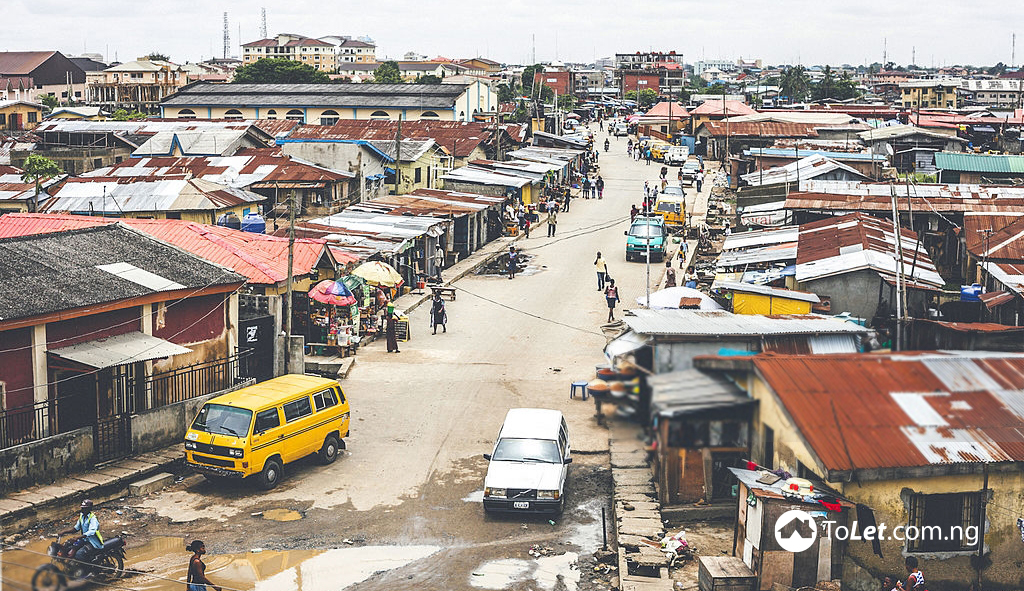
The concept of adequate housing implies more than just a dwelling but includes all that is within the dwelling and the creation of a conducive environment in which people live and grow.
Almost half of Nigeria’s population lives in cities, with 64.2 percent living in slum conditions. The rapid growth of cities have engulfed nearby towns and villages,
and pushed back mangrove, while the lack of adequate infrastructure and planning have caused deforestation, congestion, poor health, and poverty.
The Nigerian real estate sector is growing fast and is now the sixth largest sector in the economy. Yet, Nigeria still has a low homeownership rate of 25 percent, lower than that of Indonesia (84 percent), Kenya (73 percent), and South Africa (56 percent). Home purchase and rent prices have grown ahead of general inflation, a standard three bedroom middle income apartment currently commands a rent of 300,000 NGN per annum and purchase price of 10 Million NGN. The major issues that continue to affect housing in Nigeria include inadequate access to finance, slow administrative procedures and the high cost of land registration and titling. Even some Government housing policies in Nigeria are not favourable.
ALSO READ: Cheapest Cities to Live in Nigeria
The most pathetic feature of her society today is that a majority of its members are living in a state of hardship, while the remaining relatively insignificant minority is living in affluence.
Housing affordability is therefore compromised when households in the bottom 40% of income distribution spend more than 30% of their household income on housing, adjusted for household size. Slum areas are often blighted, overcrowded, and lacking in standard conveniences such as electricity, water, drainage and health services.
The shortage of housing in the urban areas is more pronounced and critical than in the rural areas. Thus, cities suffer more than villages due to urbanisation.
The challenges of housing in Nigeria vary; housing in Nigeria may continue to remain a major problem if not tackled. Although specialists have proffered some housing problem solutions in Nigeria, they have little or no impact. Housing problems in Nigerian cities are peculiar and severe.
The top five cities in Nigeria with the highest housing deficit are major cities. So set sail, as we anchor on real estate to explore cities with the highest housing deficit in Nigeria;
1. Abuja
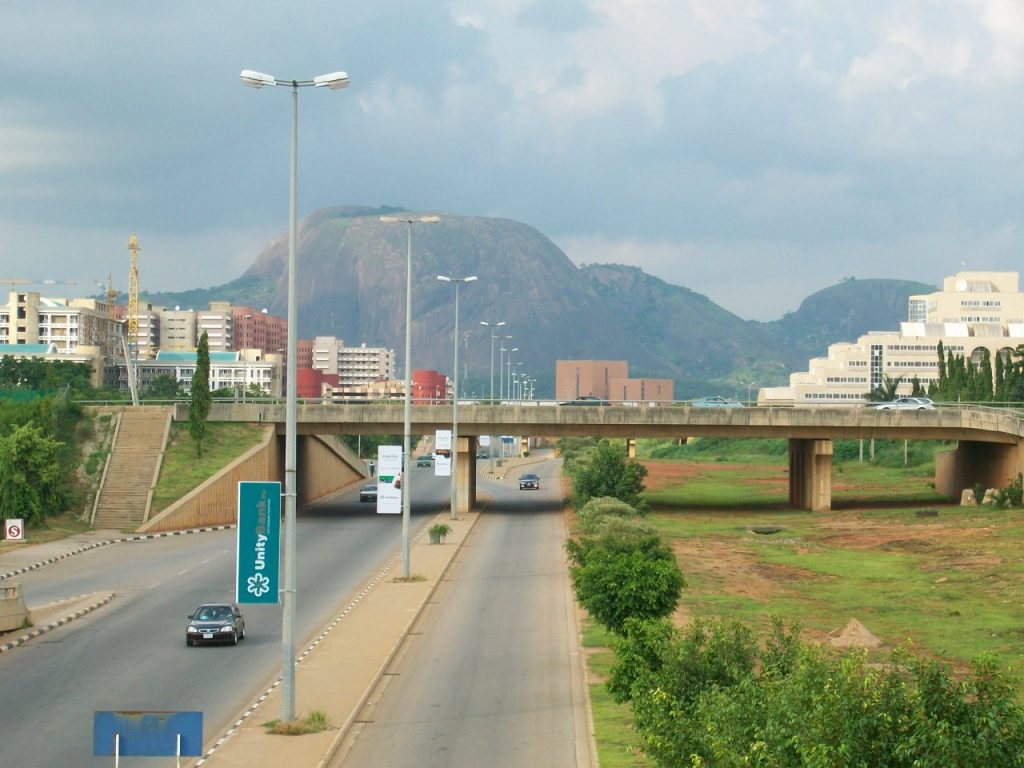
Abuja accounts for 10 percent of the 17 million housing deficit in Nigeria. This represents about 1.7million of the housing deficit in Nigeria. In other words, Abuja needs 1.7million houses to adequately accommodate its residents.
One of the fastest growing cities in Nigeria and indeed in Africa, is Abuja, Nigeria’s federal capital territory, where the cost of accommodation has hit the roof, so much so that over 70 percent of its working population commute to work from far-flung satellite towns and neighbouring states, because they could not afford the rents demanded by landlords.
It has been observed by experts that the housing deficit of 1.7million in the Federal Capital Territory (FCT) Abuja, may not be remedied unless there is a paradigm shift in the housing policy. The cost of renting a mini flat here may be as high as 750,000 in some areas. Some three bedroom flats for rent are also as high as 6,000,000 in popular areas.
2. Lagos
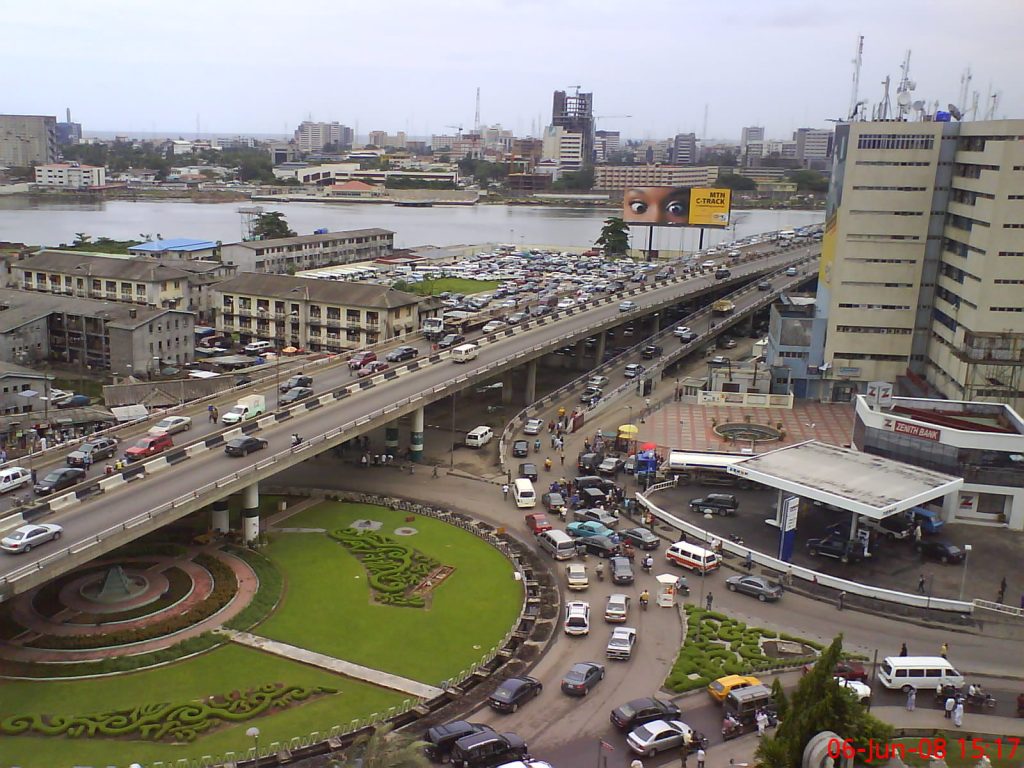
The centre of excellence it is called, but if the nation was human, Lagos would make up its entire circulatory system. If the nation was a cup of coffee, this city is the cream that has risen to the top. This amazingly beautiful abode has a way of seducing even the most ardent pessimist into believing that virtually anything is possible.
Lagos prides itself as a megacity primarily because of its location. One of the major seaports in the country is situated in this city due to its strategic location. Since Lagos is bordered by a tributary of the Atlantic ocean, it makes its location best suited for the importation. real estate entrepreneurs have intensified the business of providing affordable housing for both low, medium as well as large income earners living in the city of Lagos. But Lagos still needs 187,500 Housing units to overcome housing deficit. Lagos, Nigeria’s commercial hub has a quality of life of 0.63, which is low compared to commercial centres in Europe like Paris with 0.93 or London with 0.90 according to UN Habitat.
3. Port Harcourt
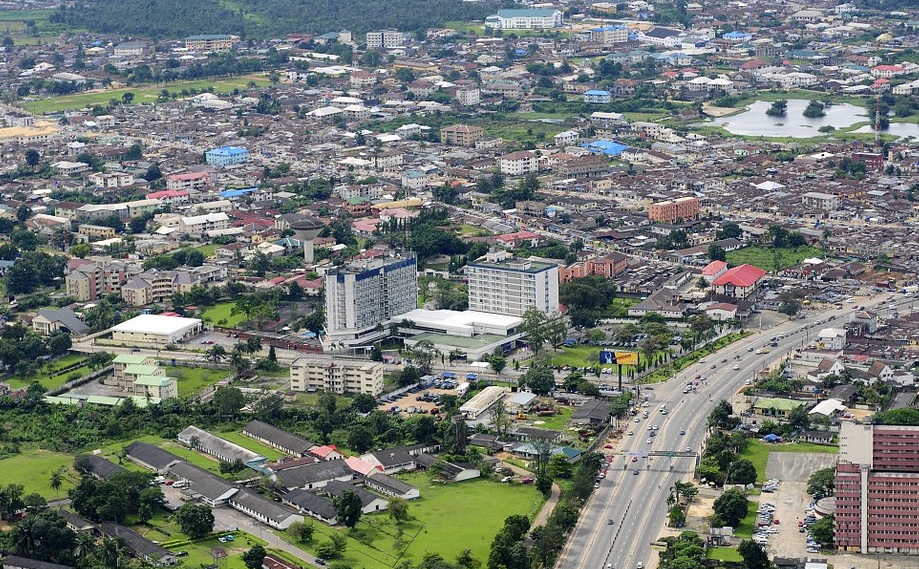
The main city of Port Harcourt is the Port Harcourt City consisting of the former European quarters now called Old GRA and New Layout areas. Port Harcourt, which is the current capital of Rivers State, is highly congested as it is the only major city in the state. Its total population was estimated at 2,000,000 as of 2009, making it one of the largest metropolitan areas in Nigeria.
Port Harcourt is a major industrial centre as it has a large number of multinational firms as well as other industrial concerns, particularly business related to the petroleum industry.
There’s an international airport, Port Harcourt International Airport on the outskirts of the city, a Nigerian Air Force (NAF) base which is the location of the only other airport used by commercial airlines, two seaports (FOT Onne, Port Harcourt Wharf), and two stadiums (Sharks Stadium, also the civic center and Liberation Stadium) located in Elekahia. The city is sprawling in nature as building codes and zoning regulations are poorly enforced. Face-me-I-face-you architecture is quite common in certain parts of Port Harcourt and the cost of renting a flat is quite high compared to other places in Nigeria. The cost of renting a flat here ranges between 300,000 NGN and 7 Million NGN depending on the size, location and facilities available in the property.
4. Calabar
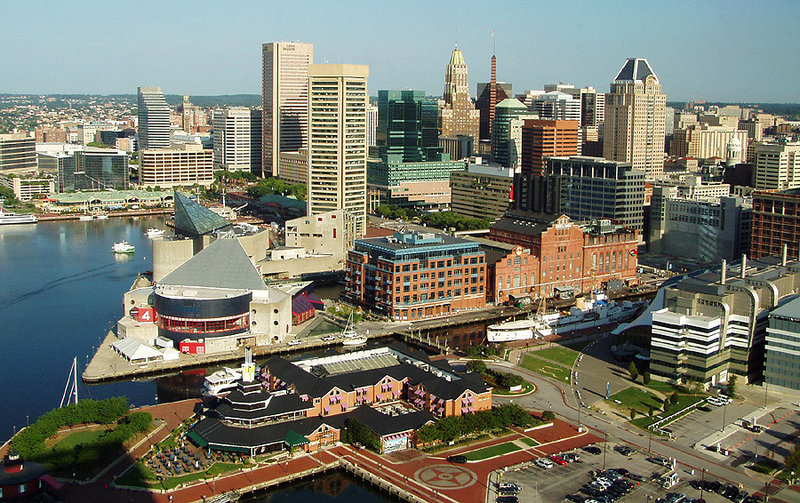
This city lies on a peninsula formed by the Calabar River, Great Kwa River, the Cross River State estuary and the Atlantic Ocean. The gap between the supply and demand for housing has been widening with time. The growing housing shortage is confirmed by overcrowding levels that are found in the area.
The population of Calabar has risen in the past decade due to its serene environment as well as the making of the area as the flagship of tourism in the country.These attributes have pushed migrants both from the rural and neighbouring states and countries to the state in search of job and pleasure. The increase in urban population without a corresponding provision of housing units has exacerbated housing problems in the area, with landlords and landladies holding tight to the opportunity. Duplex is rarely rented probably due to its cost, the commonly rented apartment is a single room house followed by one bedroom flat. The cost of renting a flat here is between 400,000 NGN to 2,500,000 NGN depending on the size, facilities and location. While a duplex can go for as high as 6,000,000 NGN.
5. Warri
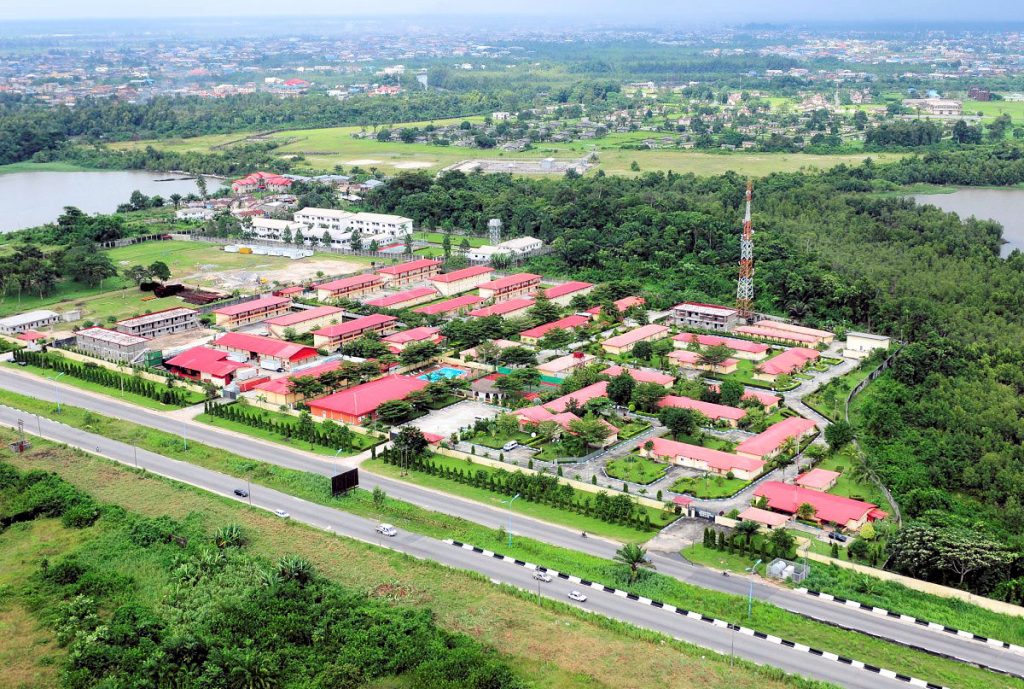
This city has a modern seaport which serves as the cargo transit point between the Niger River and the Atlantic Ocean for import and export.Warri city is one of the major hubs of petroleum activities and businesses in the southern Nigeria. It is a commercial capital city of Delta State.
Warri is regarded as a modern metropolitan area with expanded infrastructural development in other local government areas such as Uvwie, Udu, and Okpe in recent years, with various road networks linking these places into one.
There is the Warri Refinery and Petrochemicals located at Ekpan, Ubeji and Ifie–Kporo were the majority of international and local oil companies operating in Nigeria having their operational offices close by. One of the nation’s major seaports is sited within Ugbuwangue, Warri. Delta Steel Company located at Aladja and Otorogu Gas Plants at Otor–Udu, Warri. The cost of renting a two or three bedroom flat here ranges between 300,000 NGN to 1 Million NGN.
Source
Tolet.com
No comments:
Post a Comment
Your comments are welcome